Environment Online (ENO) and Foundation for Environmental Education (FEE) have a long partnership history on annual tree-planting events, with the organisations joining forces to address sustainable development and environmental education around the world. The goals of the organisations are similar: to promote sustainable development in schools and communities and to raise awareness of the important role forests play in sustaining all life on our planet.
ENO - Environment Online is a global community of schools and communities for sustainable development and, together with the message to concretize learning. ENO builds towards responsibility - in the local communities and schools online, locally and globally. It is coordinated by the ENO Schoolnet Association in Joensuu, Finland. In ENO, thousands of schools around the world study together environmental issues, spread awareness and make concrete deeds for the environment. Tree planting has been the most popular activity in Environment Online since its launch in 2000. To date, February 2021, the ENO community has planted over 30 million trees. Over 10,000 schools from over 150 countries have participated in ENO activities.
“We can always do and achieve more through collaboration! Both ENO and FEE have strong networks and this partnership is very likely to spark up new ideas for activities in the schools and communities.”
Foundation for Environmental Education (FEE) is the world's largest environmental education organisation, with members in 77 countries. Through its five groundbreaking programmes, FEE empowers people to take meaningful and purposeful action to help create a more sustainable world. Learning about Forests (LEAF) is one of the five programmes run by FEE. LEAF advocates outdoor learning and hands-on experiences, which result in the pupils getting a deeper and more involved understanding of the natural world. While the focus of the LEAF programme is on tree-based ecosystems, the skills and knowledge acquired can be applied to any natural environment. LEAF reaches today over 10,000 schools in 26 countries globally and engages nearly 1 million students and 400,000 teachers.
“With this agreement, ENO and FEE are expressing their determination to work closer together and to provide both networks with the value and opportunities this partnership can provide. We look forward to supporting teachers and students around the world to connect with forests, their importance, realise the existential threats being faced and inspire them to protect them through hands-on, experiential and quality environmental education.”
The renewed Memorandum of Understanding aims to continue and strengthen the collaboration between ENO and FEE, and to connect two powerful networks that complement each other well. The organisations agree to continue their collaboration in spreading awareness of sustainable development and environmental education through actions including joint participation in events, activities, campaigns, training and capacity building.
ENO Schoolnet Association Foundation for Environmental Education
Kaija Saramäki Nicole Andreou








































































































